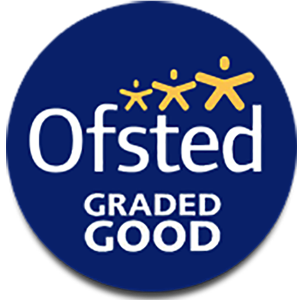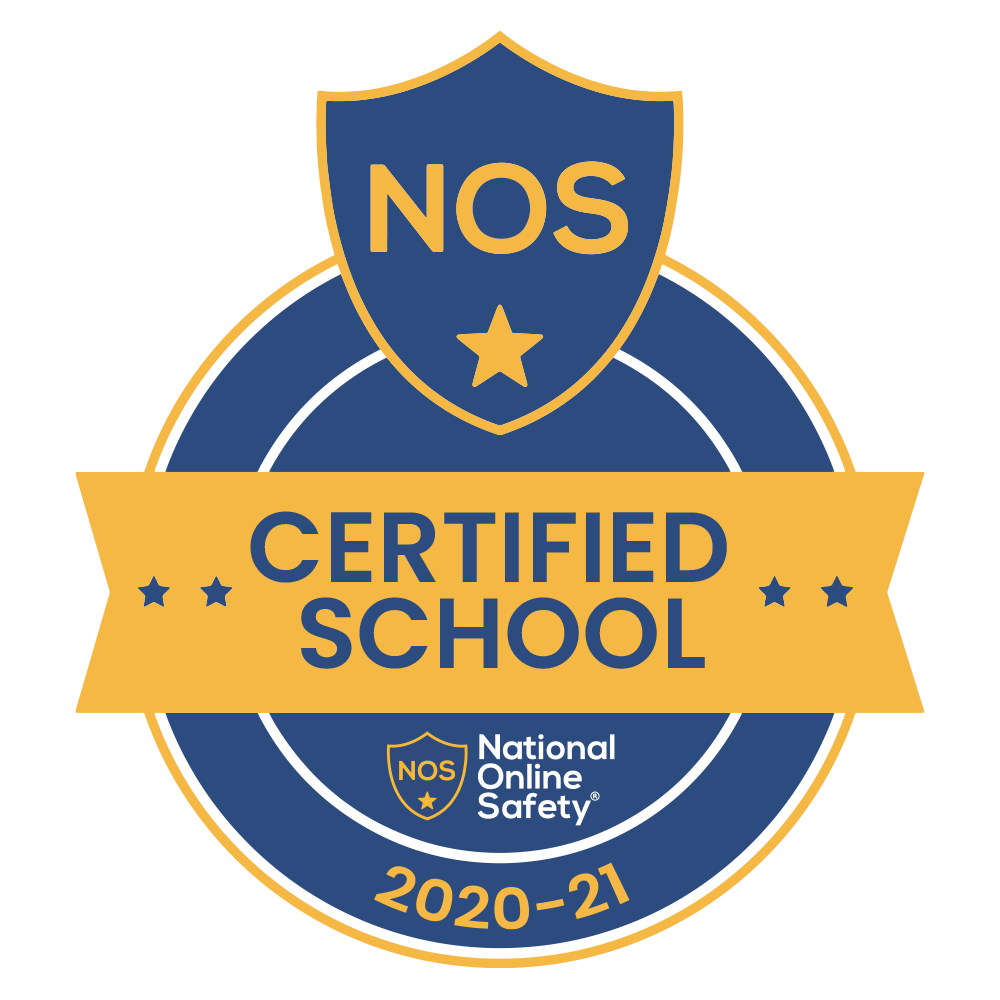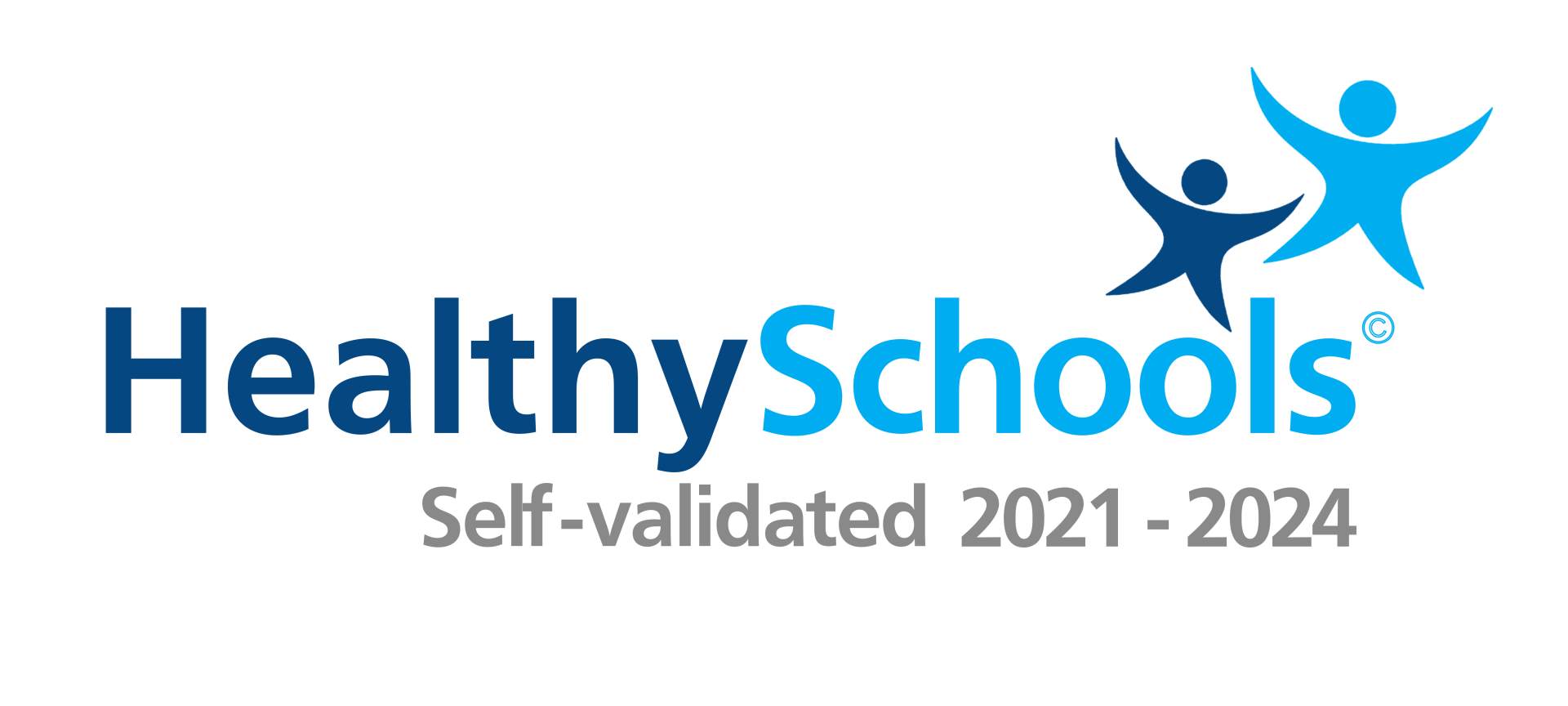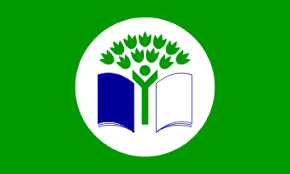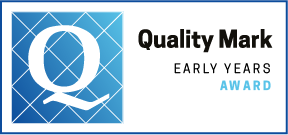Assessment Information
Our Approach To Assessment
In September 2014, the Government published the new National Curriculum against which we measure pupils’ attainment and progress.
This focuses on our Academy aims of high expectations and enabling every child to succeed.
Children are expected to meet end of year expectations, and therefore, are assessed to track progress towards the key outcomes and expectations for each curriculum year.
For example:
- A child that has achieved all the objectives set out for English for their year would be said to be working at an expected level.
- A child who has not yet met all the objectives set out for Mathematics for their year would be said to be working at an emerging level.
- A child that has achieved all the objectives to a mastery level would besaid to be working at an exceeding level. Rather than moving onto the next year’s curriculum, these children will work on mastering their knowledge through the application of skills in different contexts to deepen their learning. The depth and application of a child’s learning is an important marker of their achievement and progress.
At key points in the year children are assessed using standardised tests and writing assessments so we keep track of progress made across the school year alongside teacher judgements.
Assessment and Reporting Systems
- Our assessment and reporting systems include:
- On going assessment by the class teacher throughout each lesson, through questioning, observation and dialogue.
- Detailed feedback from the teacher with clearly identified next steps – this can be written or verbal, to individuals or to the class.
- Success Criteria discussed and agreed with, or formulated by the children during each lesson. Work is then assessed against the success criteria.
- Assessment weeks at class, phase and subject level.
- Assessment information is used by teachers to plan next steps in learning for their group/class. Data from assessments is analysed termly by senior leaders to inform future developments in teaching and learning and as part of teacher appraisal.
Early Years
Children within the Early Years are assessed against the Prime and Specific seven areas of learning in the EYFS profile.
Assessments are based on observation of daily activities and events.
When children enter the setting a speech and language assessment (WELLCOMM) is carried out to assist with and identify any gaps in children’s speech development.
When children enter Reception, a NFER baseline profile is carried out. The information is then used to target set and identify children’s next steps in their development.
At the end of Reception for each of the seven areas of learning, teachers will decide whether a child is meeting the expected level of development for the Early Learning Goal.
- If a child has not yet met the Early Learning Goal they will be judged at an emerging level.
- If a child has met the Early Learning Goal they will be judged at an expected level.
- If a child is working beyond the Early Learning Goal they will be judged at an exceeding level.
Reporting to Parents
Discussions at parent consultation meetings in the Autumn and Spring term will include clear information about current attainment and progress.
Parents will be provided with a verbal interim report identifying next steps for their child’s learning. An annual written report will be sent out at the end of the Summer Term summarising individual children’s attainment and progress. Children in Reception, Year 1 (Phonic check) Year 2 and Year 6 will receive an additional report detailing their child’s performance in National Assessments (SATS).
